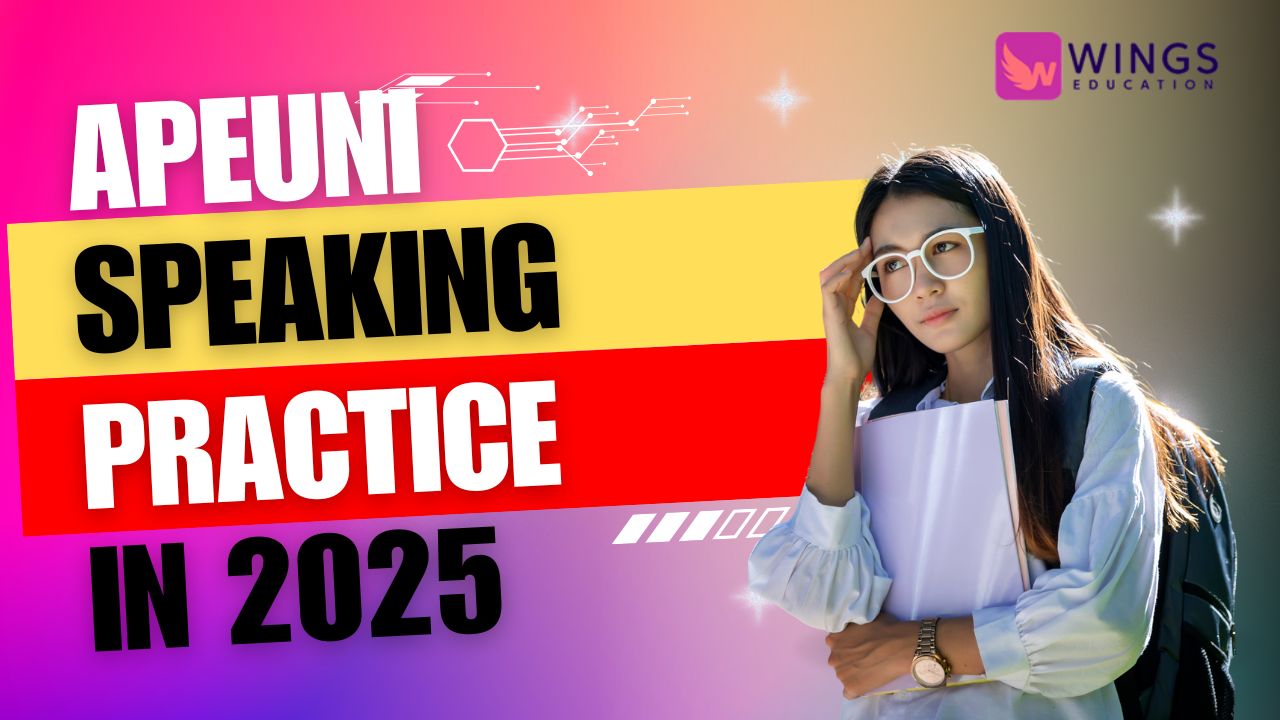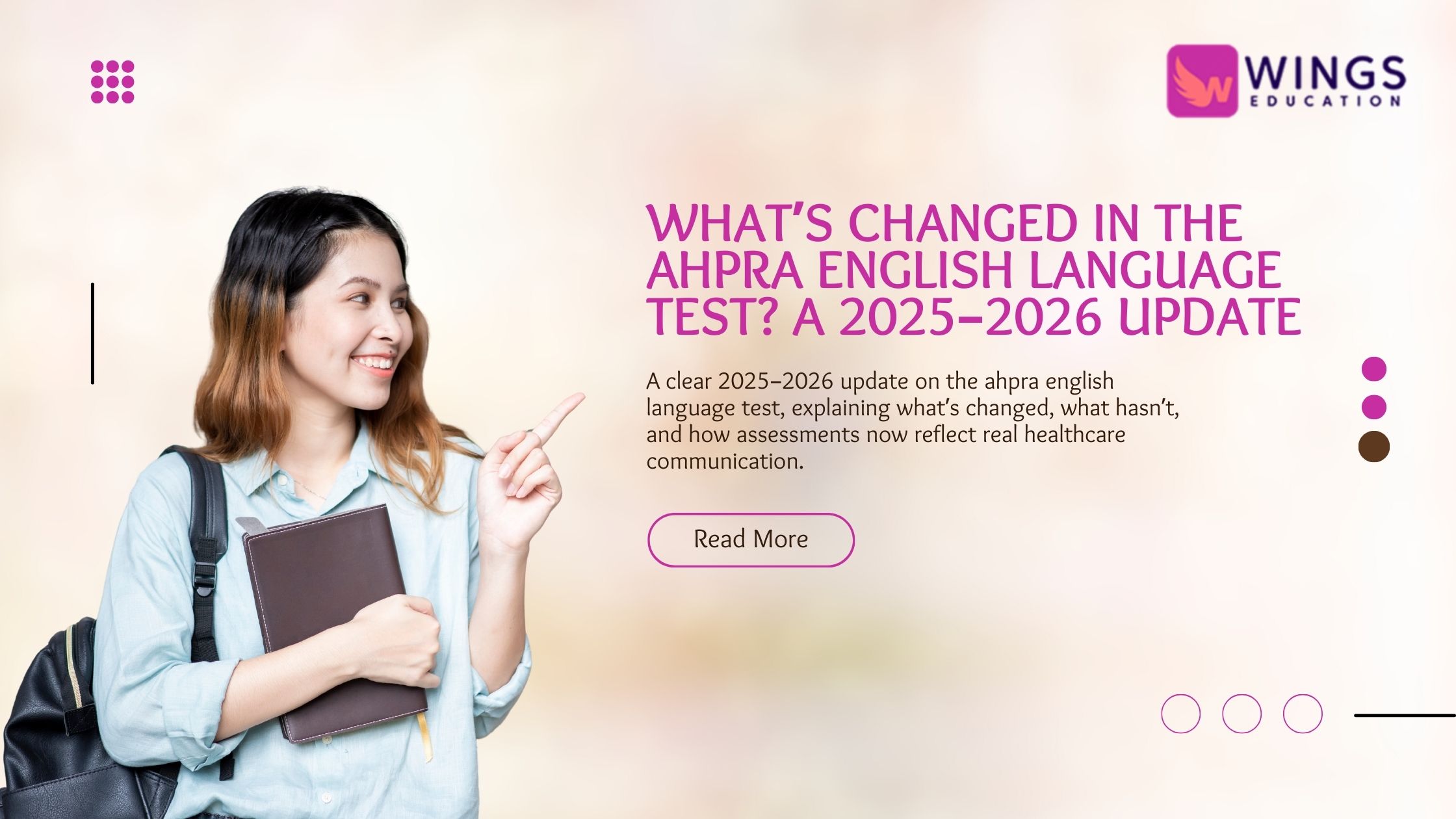
ApeUni Speaking Practice in 2025: Can You Trust the AI Feedback?
Can you rely on ApeUni English PTE’s AI for speaking practice in 2025? Explore its accuracy, limitations, and how it fits into real PTE preparation.
Preparing for the Pearson Test of English (PTE) has become increasingly tech-oriented in recent years, with more students turning to AI-powered platforms and apps for practice. One such tool that has garnered attention is ApeUni English PTE—a mobile and web-based platform designed to help students practice all sections of the PTE exam, particularly speaking. With the test being fully computerized and scored by AI, it’s not surprising that many students have started to question whether platforms like ApeUni can accurately replicate the real scoring system. The central concern remains: can you trust the AI feedback given during ApeUni speaking practice, especially in 2025?
The speaking module of the PTE is arguably one of the most complex to prepare for. Unlike reading and writing, where there are clear answers or measurable structures, speaking tests are heavily reliant on pronunciation, oral fluency, and rhythm—factors that can be difficult to quantify or replicate consistently through automated systems. This makes the promise of instant AI-generated feedback very appealing, yet it also invites skepticism.
ApeUni English PTE offers AI feedback for all speaking tasks, including Read Aloud, Repeat Sentence, Describe Image, and Retell Lecture. The program offers users content, pronunciation, and fluency ratings that closely resemble the real PTE Academic exam scoring categories. This simulation is useful for students who want to practice daily and receive quick insights into their performance. In 2025, the app has added newer algorithms, more refined voice detection, and clearer score breakdowns. But even with these updates, questions persist about the credibility and consistency of its feedback.
One of the most common observations among users is that the fluency and pronunciation scores given by ApeUni’s AI can be unpredictable. Students have reported getting vastly different scores for performances that feel nearly identical. This inconsistency raises questions about whether the AI engine is sensitive to background noise, mic quality, or even the pitch and accent of the speaker. With so many variables at play, it becomes difficult to know whether a low score reflects your actual performance or the system’s limitations.
Additionally, the app sometimes fails to capture natural pauses or slight mispronunciations the way a human listener might. For example, a minor hesitation or a regional accent may result in a significant drop in the AI-generated score, even though such variations might not heavily impact your real PTE results. Although it is also automated, the PTE scoring engine is based on in-house voice recognition technology and thorough testing. ApeUni, although striving to imitate this system, does not have the same level of access or calibration. So while the feedback is helpful as a rough guide, relying on it entirely might not be the wisest strategy.
That being said, many students find the feedback from ApeUni English PTE useful in identifying recurring mistakes. If a student consistently receives lower scores on fluency across multiple attempts, it likely indicates a genuine area for improvement. Similarly, if the pronunciation score frequently dips, it may reflect an issue with clarity, stress, or enunciation. In this sense, the AI acts as a basic diagnostic tool—it tells you where your performance might be falling short, even if it can’t always measure it with perfect accuracy.
Another area where ApeUni’s AI feedback becomes questionable is in the content scoring of complex tasks like Describe Image and Retell Lecture. These tasks require the AI to not only evaluate pronunciation and fluency but also understand whether the content is relevant and well-structured. Natural language processing (NLP) has made great advances, but AI still struggles with nuances, logical flow, and the semantic weight of a response. Students often find that their content scores don’t align with how coherent or complete their answers are. Sometimes, adding more sentences results in a lower score, or missing a single keyword drastically reduces the result, even if the overall summary is accurate.
This can lead to confusion and even demotivation. When students practice diligently but receive inconsistent or unclear feedback, they begin to question their ability rather than the tool. This is one of the key risks of relying too heavily on AI-based platforms for preparation: the psychological impact. Confidence plays a critical role in language exams, especially speaking sections, and if AI feedback undermines this, it can be counterproductive.
A further complication arises from the use of speaking templates—a common strategy among PTE aspirants. For some assignments, ApeUni English PTE permits and even promotes speaking exercises based on templates. While templates can provide a useful structure, over-reliance on them can distort the true evaluation of a student’s speaking ability. The AI may award a high score for a memorized, fluent-sounding response, even if it lacks genuine comprehension or adaptability. This may not be a problem during practice, but it can backfire in the actual exam, where real-time listening and spontaneity are critical. The AI’s inability to distinguish between real fluency and rehearsed fluency means that students could receive misleadingly high scores in practice, only to perform poorly in the real exam scenario.
Despite these concerns, it would be unfair to dismiss ApeUni English PTE’s speaking practice outright. The platform serves a clear purpose for daily practice, familiarization, and basic error detection. For students who have no access to personal tutors or formal coaching, the app offers a free and easy way to build speaking stamina and get immediate performance insights. In 2025, the updated user interface and community-driven practice sessions have made it even more interactive and engaging. Nonetheless, students should approach the tool with realistic expectations.
AI feedback, at its best, is a supplement—not a substitute—for real exam conditions. It can guide you in the right direction, highlight patterns, and help you develop a rhythm in speaking. But it cannot fully replace the nuance of human understanding or the complexity of a real PTE scoring engine. To get the most out of ApeUni English PTE, users should treat its feedback as one of several tools in their preparation toolbox. Pairing the app’s insights with self-recording, peer reviews, or feedback from a qualified mentor can lead to a more balanced preparation strategy.
There’s also the matter of habit-building. One of the major benefits of using an app like ApeUni is the ability to practice consistently. Regular speaking practice, even if done through imperfect AI systems, is still better than erratic or no practice at all. The mere act of responding to speaking prompts, articulating ideas, and getting into a flow helps build fluency over time. While the AI may not catch every strength or flaw, it still promotes a mindset of active learning.
It’s also worth acknowledging that PTE is a computer-based exam, and in that sense, preparing with a digital tool like ApeUni mirrors the test format better than traditional speaking drills. Practicing with a microphone, reading prompts on a screen, and speaking into a device all help simulate the test experience. In this regard, the platform has value beyond just the scoring—it helps condition students for the practical aspects of test day.
In conclusion, the ApeUni English PTE speaking practice feature in 2025 is a useful, accessible, and reasonably advanced tool for PTE aspirants, especially those preparing independently. However, its AI feedback, while helpful, is not infallible. Students should be cautious about interpreting the scores too literally or emotionally. Inconsistent results, occasional score inflation, and content misjudgment are still common. The key is to use the app as a training partner, not as a judge. When combined with self-awareness, supplemental feedback, and a broader strategy, ApeUni can serve as a reliable aid in your PTE preparation journey. But when it comes to measuring true readiness, the final proof will always lie in the actual test performance, not the app’s AI score.























